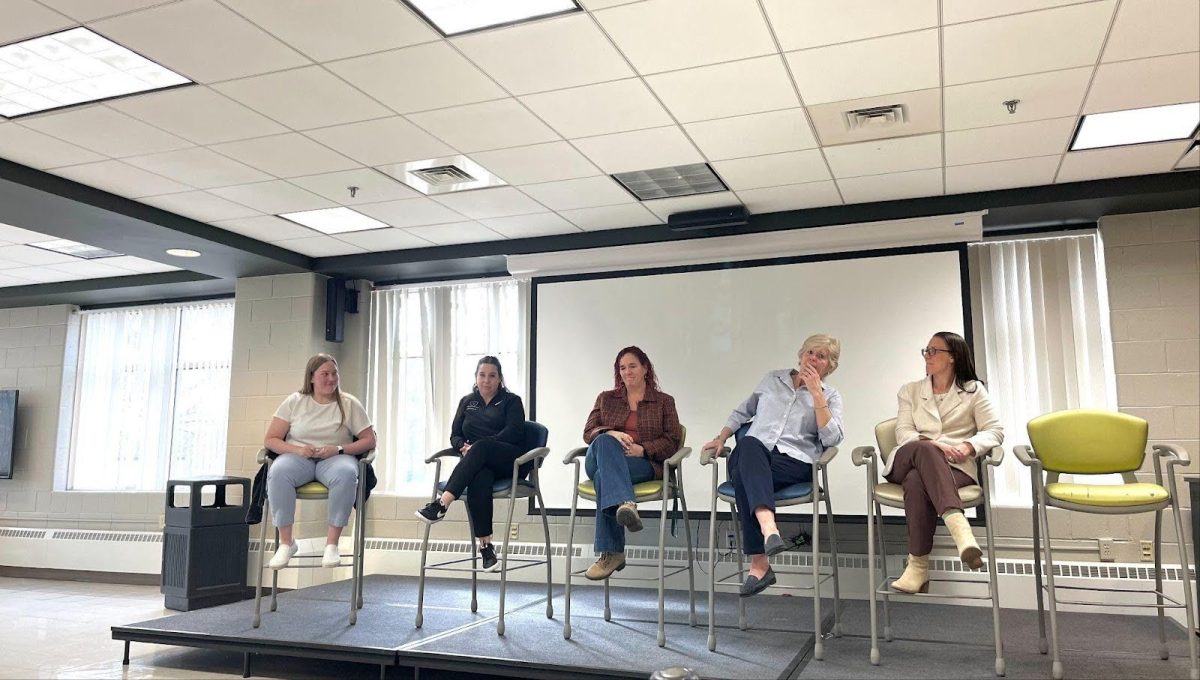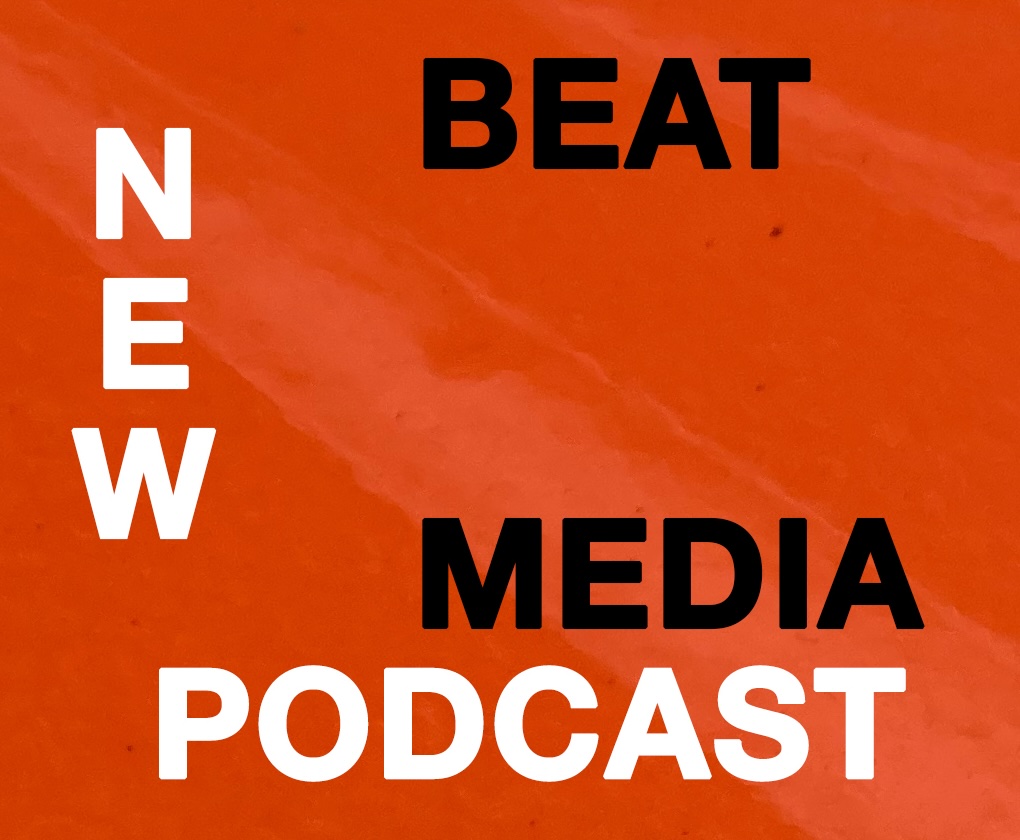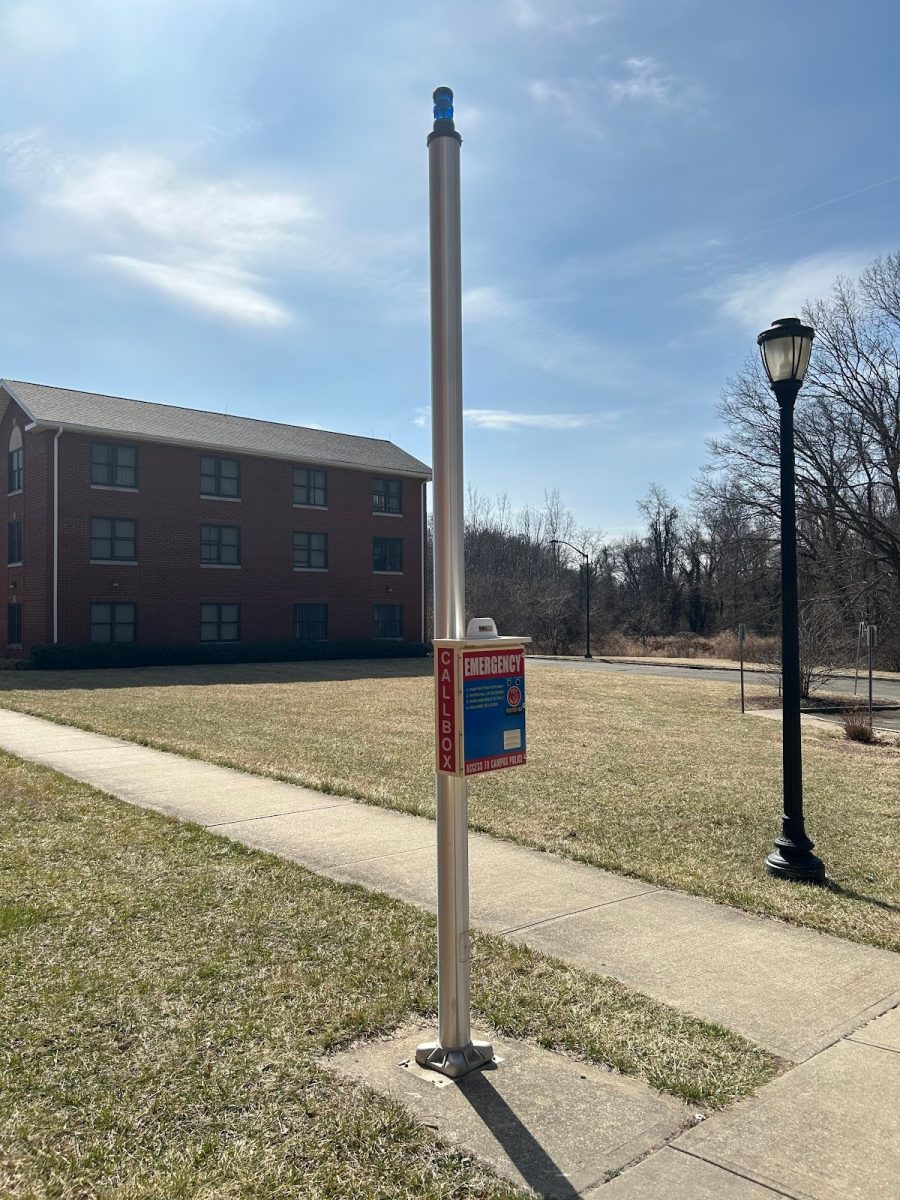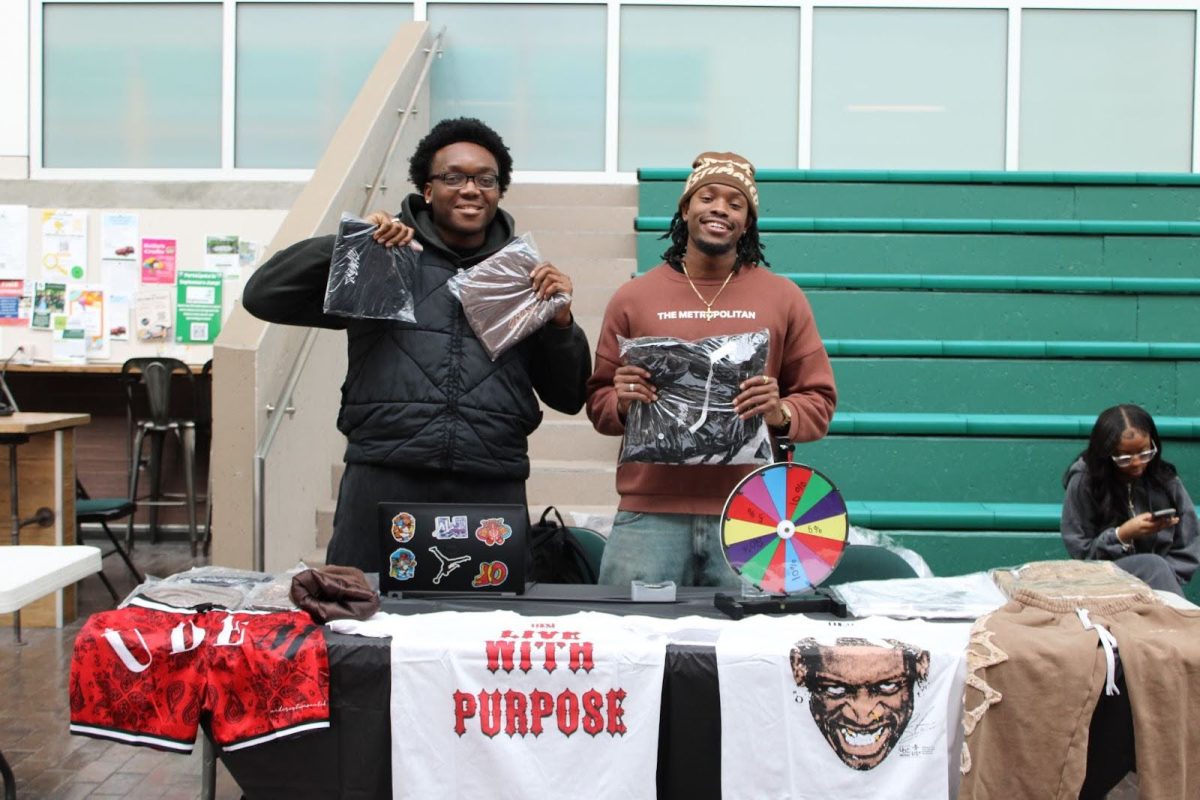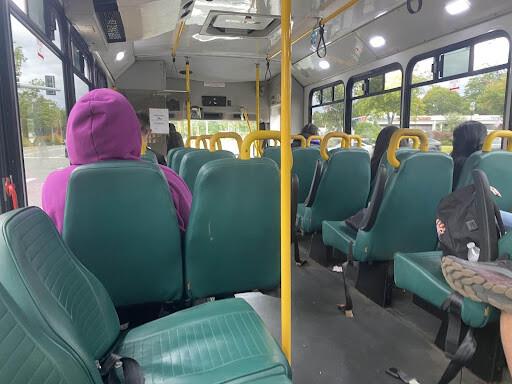
In an age where it’s almost impossible to escape advertisements, trends, sponsored content and money-grabs, the act of buying transcends mere necessity. It’s become a defining aspect of day-to-day life. The constant pursuit of material goods is deeply ingrained in our cultural identity, influencing how we define success, status, and happiness. But this pursuit comes at a cost. The cost oftentime being our sense of self-worth, mental health, and finances.
Consumerism impacts our society by exacerbating social inequality. The pressure to keep up with the latest trends and maintain a certain standard of living, can leave many struggling to make do. This gap between the affluent and the marginalized widens as consumer culture perpetuates a cycle of conspicuous consumption and financial strain. A glaring example of this can be seen on social media. Short-form videos of large shopping hauls, restocks, and consumer-driven ads, may cause some to feel left out, but others may argue that it highlights the capitalist structure of American society and its class divide.
Popular shopping platforms such as Temu, Shein, and most recently TikTok shop, which promote cheap and trendy clothing, home decor, as well as other gadgets, have made online shopping in bulk even more appealing with consistent markdowns on prices, affiliate links, and creator reviews. However, there’s a dark side of Temu, with the popular tagline “Shop like a billionaire,” it faced accusations of using forced labor in their practices and stealing user data among other human rights violations. As consumers, it’s more important now than ever to ask, “Where is my money really going?”
As we consider minimizing our own carbon footprint, we must consider the factors leading to excess waste. Buying in excess, specifically plastic, aids in environmental damage and exacerbates climate change.
How can we make our lives more sustainable? How do we avoid the sweeping influx of ads across all of our platforms that influence us to buy these things? One way we can start small is by reducing our social media screen time. According to University of Michigan Opinion Columnist Katie Maraldo “limiting our social media use and weaning ourselves off of micro trends can ensure a less consumerist future for ourselves and future generations, along with saving our kids from falling down the TikTok trends brain-rot rabbit hole.”
Supporting ethically made goods and resources, buying less, and reusing goods are just a few of the ways we can reduce our imprint. Buying second hand items and supporting local shops not only reduces waste, but provides a sense of community engagement. These businesses heavily contribute to the local economy and community because of the job opportunities and economic influx that it creates. They are the backbone of small towns and cities providing them with support that is needed now more than ever. Shopping locally fosters a sense of connection by offering people the chance to interact with like-minded shoppers and shop owners instead of clicking to pay on an app. Making more mindful choices about our spending can benefit not only ourselves but our local economy and environment as we combat consumerism under American capitalism.






